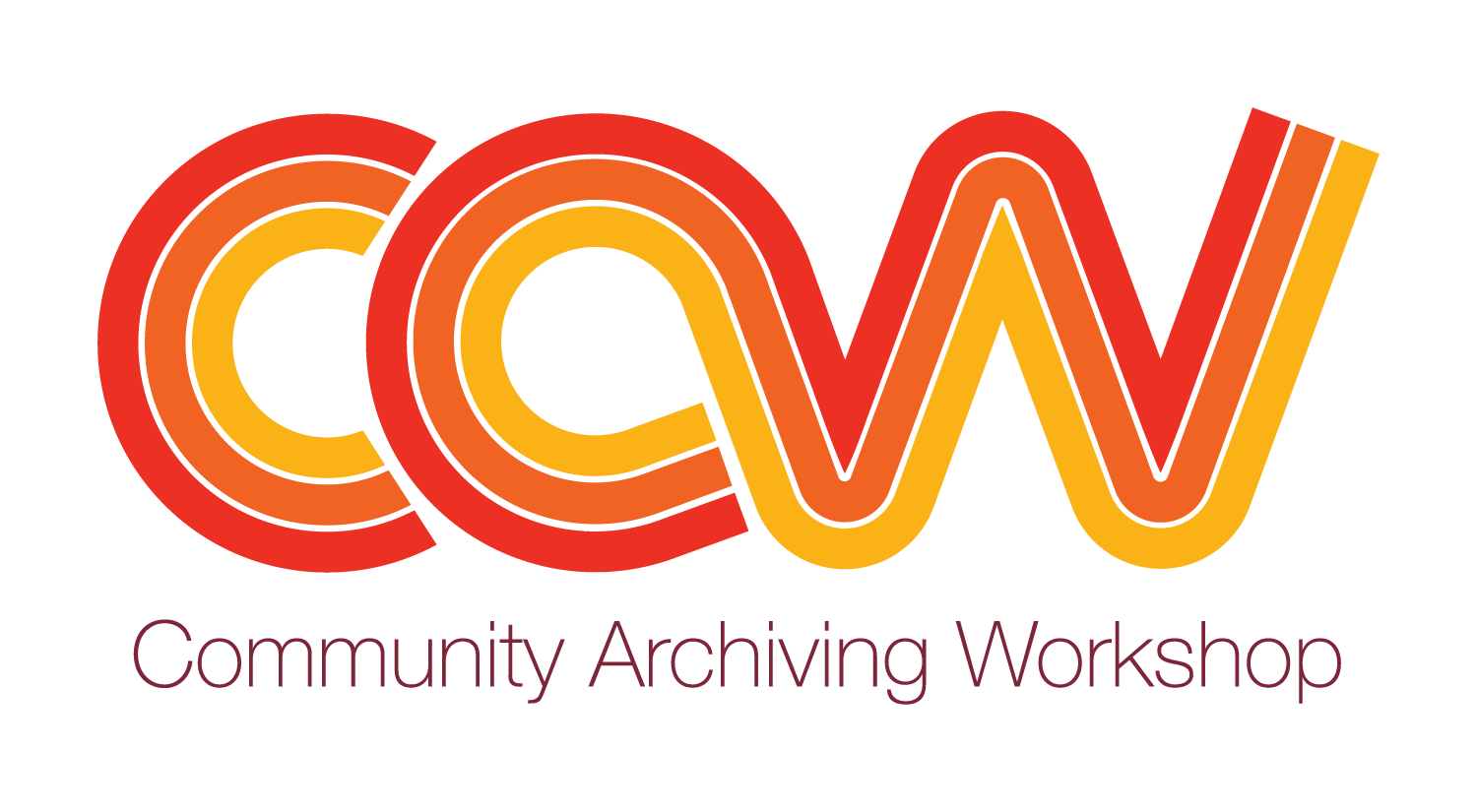The acronym CAW is used interchangeably. It’s important to keep in mind the distinction between CAW the model and CAW the group. The CAW model is an open source event and accompanying tools and resulting resources are open source and available to all through www.communityarchiving.org.
CAW the group is comprised of the organizing members – many of whom have been a part of executing the CAW model at the annual AMIA conference over the last twelve years. Members of CAW the group have applied for, and received, over $780,000 in funding to bring the workshop to communities not served by the AMIA conference. The current CAW core group is exploring alternative methods of organization and growth to not only continue expanding on the CAW model but to create new tools and workshop models that can be brought to more communities outside of the annual AMIA conference space. The group is also contemplating a name change in order to avoid future confusion.
Mission
CAW the model and CAW the group have complimentary, but different missions:
- The mission of CAW the model is to jumpstart audiovisual preservation in community held collections by bringing together audiovisual archivists and community members to work collaboratively to inspect and inventory a collection- providing the necessary groundwork for its preservation.
- The mission of CAW the group is to use the CAW model to facilitate audiovisual preservation in community held collections, build peer to peer learning as a foundation for long term preservation, promote community networking, develop free resources to scale and share widely, and maintain communication platforms for access to these resources.
Vision
CAW the group seeks to share skills, knowledge, and resources to empower under-resourced, community-held collections to increase visibility and support shared authority.
Social Justice Values Statement
CAW works in solidarity with communities who seek to take control (physical and/ or intellectual) of their audiovisual heritage. Our work is a reparative action —addressing the harm done by power imbalances in traditional archival production— by sharing resources and authority in the processing and care of audiovisual collections and by amplifying the voices of communities who have been historically excluded from the process of archival production.
